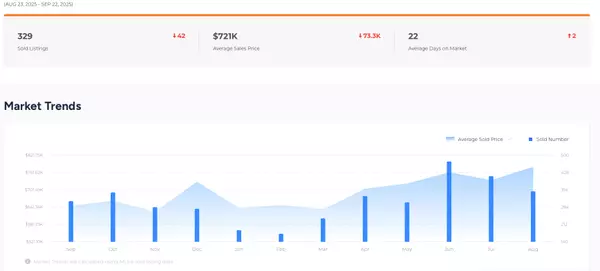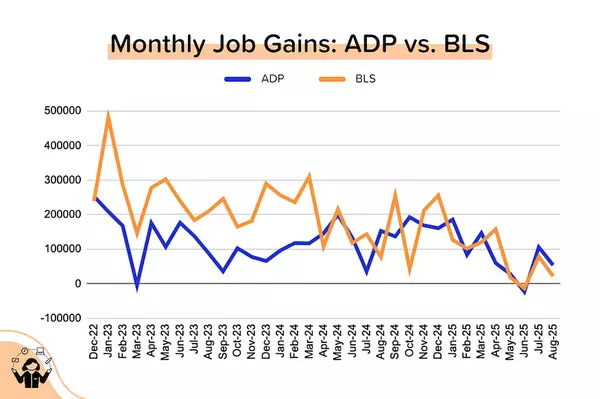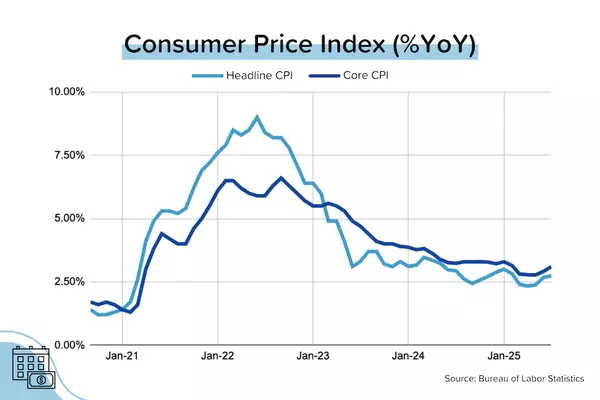A Smart Buyer’s Guide for Hiring Any Professional


Choosing a service provider shouldn’t feel like running a gauntlet of sales tactics. The right pro brings clarity, measurable value, and calm—without pressure. This guide gives you a simple way to evaluate any professional, reduce risk, and make decisions based on value rather than hype.
Why this matters
-
Protects your time, privacy, and money. Good process and clear terms prevent surprises.
-
Keeps choices value-driven, not pressure-driven. You stay in control of the pace and scope.
-
Reduces risk from inducements and vague promises. Transparent disclosures and metrics matter.
-
Leads to better outcomes. Ethical, capable providers welcome informed questions.
The 9 Critical Questions to Ask Any Service Provider (Explained)
1) Scope & Fit
Ask: What specific problem will you solve for me, and what is out of scope?
Why it matters: Clear boundaries prevent scope creep, missed expectations, and surprise fees. A capable pro can state—in plain language—what they will and won’t do.
2) Process & Timeline
Ask: How will the work proceed from start to finish, and when should milestones occur?
Why it matters: A step-by-step outline (with checkpoints) lets you track progress, coordinate your schedule, and spot delays early.
3) Expertise & Track Record
Ask: What recent, relevant results can you point to, and whom have you helped in a situation like mine?
Why it matters: Fresh, comparable results beat generic accolades. You want evidence you can verify, not vague “best in class” claims.
4) Pricing & Terms
Ask: What exactly am I paying for, what changes the price, and what are the cancellation or refund terms?
Why it matters: Written terms protect both sides. Look for clarity on inclusions, exclusions, change orders, and payment timing.
5) Deliverables & Measurement
Ask: What will I receive, and how will success be measured?
Why it matters: Tangible deliverables and measurable outcomes make quality visible. If it can’t be measured, it’s hard to improve—or hold accountable.
6) Availability & Alignment
Ask: Are you full-time or part-time in this work, and how much time will you dedicate to my project and to the service you provide? How will your availability cover time-sensitive moments (showings, bids/negotiations, inspections, deadlines, contingency windows) and coordinate with weekday-based professionals (lenders, title/escrow, inspectors, appraisers, contractors, stagers/photographers)?
Why it matters: Many steps depend on other 9-to-5 professionals. Capacity and coverage during critical windows protect your timeline and leverage.
7) Communication & Access
Ask: Who is my primary contact, how often will we communicate, and what are typical response times?
Why it matters: Predictable cadence reduces stress and prevents small issues from becoming big ones.
8) Conflicts & Disclosures
Ask: Do you receive any incentives, referral fees, or paid placements I should know about?
Why it matters: Upfront disclosures let you weigh potential biases and choose with eyes open.
9) Data, Privacy & Aftercare
Ask: How will my information be handled and stored, what support exists after delivery, and how are issues resolved if expectations aren’t met?
Why it matters: Privacy practices and a clear issue-resolution path protect you long after the invoice is paid.
Behavioral Red Flags (avoid these)
-
Pressure tactics, urgency without cause, or repeated contact with the goal of selling you something (if every touchpoint circles back to a pitch, take note)
-
Relentless self-promotion across conversations or channels with little or no direct value—for you or for the group/audience
-
Collecting your contact information without permission
-
Claiming recognition that is actually paid advertising—without disclosure
-
Offering cash, bounties, rebates, or other inducements to trigger quick decisions—including where the law prohibits such inducements
-
Name-dropping organizers, sponsors, or famous people (including photo-ops) to imply approval they don’t have
-
Evasive answers about pricing, deliverables, availability, or references
-
Making claims without numbers—or being unable to show real ROI (and help you calculate it) in practical terms
-
Thin or opaque professional presence: no individual social page with substantive, recent work; no dedicated website (or only generic marketplace/profile links); missing business contact details; no posts or articles sharing market data or trend insights (only pure sales content).
Positive Signals (prefer these)
-
Clear scope, written terms, and realistic timelines
-
Specific, recent results that can be verified
-
Straightforward pricing and change-order rules
-
Voluntary disclosure of incentives or partnerships
-
Respect for boundaries, opt-ins, and privacy
-
Capacity and availability that match your timeline (and other 9-to-5 stakeholders)
-
Willingness to quantify value—actual numbers, ROI models, and help running the math for your situation
-
Regular, useful market/trend updates (blog posts, newsletters, or briefs) that interpret data, cite sources, and explain implications—not just deal announcements.
How to Use Referrals Wisely
-
Ask how the referrer chose them—even if they used them, how did they choose them? Did they compare options or simply pass along a name?
-
Probe for substance. When someone says they were satisfied, ask why: what outcomes, timeframes, or service elements made the difference?
-
Confirm fit. Was the referrer’s situation similar to yours in scope, budget, and urgency?
-
Cross-check. Get at least one additional recommendation and compare answers to your 9 questions.
-
Watch for pass-through referrals. If your referrer received the name from someone else, treat it as unvetted and verify independently.
Quick Verification Steps
-
Check independent reviews and confirm at least two recent references
-
Verify licenses, certifications, or insurance where applicable
-
Search for disclosed partnerships or paid placements
-
Confirm the business’s physical presence and primary contact details
-
Visit their dedicated website: look for service pages, bios, current updates, and real contact info
-
Review individual social profiles (not just company pages): recent, relevant work; proof of outcomes; consistent identity
-
Scan their content for real insight: posts or articles with market data, trend analysis, source citations, and practical takeaways—not just sales pitches
Protect-Yourself Boundaries
-
Share only necessary information; use professional channels you control.
-
Decline offers that trade cash or gifts for decisions.
-
Keep decision timelines that serve your interests, not someone else’s quota.
-
Prefer opt-in follow-ups you can stop at any time.
Free Printable Checklist
Want this guide as a PDF? Text SMARTDECIDEto 215-544-3440 to get the download link. Message & data rates may apply. Reply STOP to opt out.
Categories
Recent Posts










